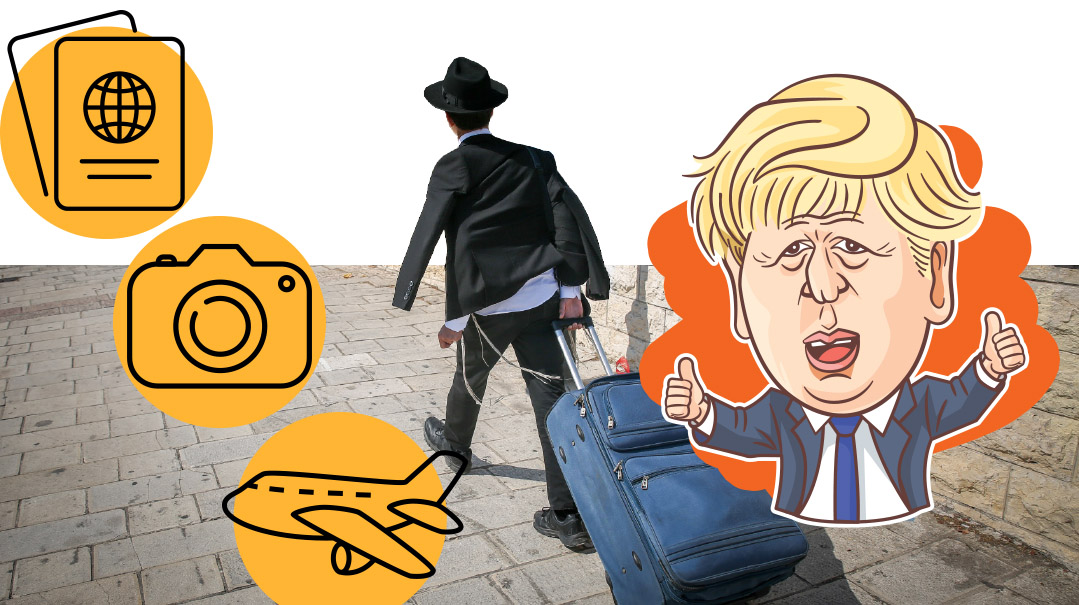Yeshivah-Seminary Saga 2.0

A number of major changes this year that could smooth the way things operate for years to come

The story of the yeshivah and seminary year in Israel under Covid is still being written. But whereas the drama around last year’s struggle to get talmidim and talmidos into the country was widely followed, mass vaccination programs both in the US and Israel have turned the spotlight away from the efforts that are also being made this year.
According to Rabbi Nechemiah Malinowitz of the Igud, a body representing the yeshivos and seminaries to the Israeli government that successfully lobbied for entry last year, there are a number of major changes this year that could smooth the way things operate for years to come.
14,000
The approximate number of first-year yeshivah and seminary students coming into the country through the Igud, up from about 12,000 last year.
“Unlike last year, when we designed the program to let students in, and then individual institutions applied separately, this year everyone needs to go through the Igud. That accounts for the jump in numbers — now everyone from American shanah alef programs to Israeli institutions like Brisk and Belz have one pathway.”
No tourists
The major change that happened this year is in the process. Whereas previously students got slips of paper at the airport declaring them tourists, which could then be changed for student visas, that first stage is now skipped.
“We’ve streamlined the process, and you get a student visa straight away, which means that you’re considered an Israeli for repeat visits, as long as you’re vaccinated.”
16-26
This is the age bracket for new students who now qualify for a visa — a change from the open-ended policy that applied until now.
“We had large numbers of people of all ages coming through on student visas, obviously with no connection to learning in yeshivah or seminary. It was a tremendous chillul Hashem when it hit the media. Our new agreement restricts the qualification for first-time visa-holders. But once you have a visa, you don’t need the Igud, and don’t need a new approval to come in again.”
Backtrack Boris
It’s not a great look for a leader, but Boris Johnson is developing a distinct reputation for zigzags, U-turns, and wobbles. Last year came a rash of backtracks over free school meals for poor children, face masks in schools, the need for a second lockdown, and banning Chinese tech giant Huawei from UK national infrastructure.
In that long and inglorious tradition came another example this week: After both he and Chancellor Rishi Sunak declared that they would join a pilot scheme to exempt themselves from isolation after being exposed to a Covid carrier, Johnson yet again looked foolish after reversing course following a backlash over preferential treatment.
Covid has tested many a national leader, but most politicians have the option of refreshing things by bringing in a new communications team. That, though, may be Boris’s problem; as a former communications director for the Conservative Party, Johnson’s wife Carrie sets policy — and she isn’t going anywhere.
(Originally featured in Mishpacha, Issue 870)
Oops! We could not locate your form.













